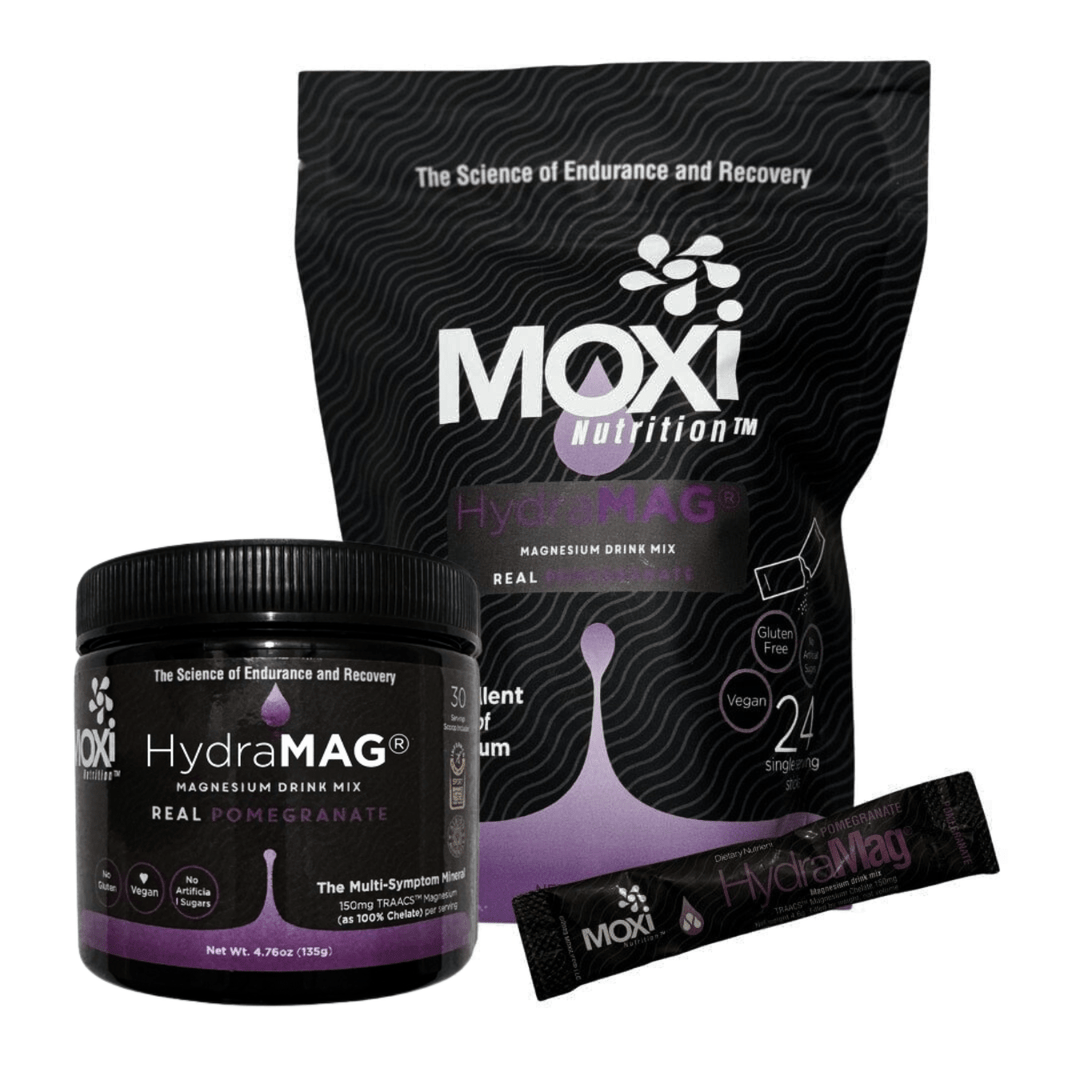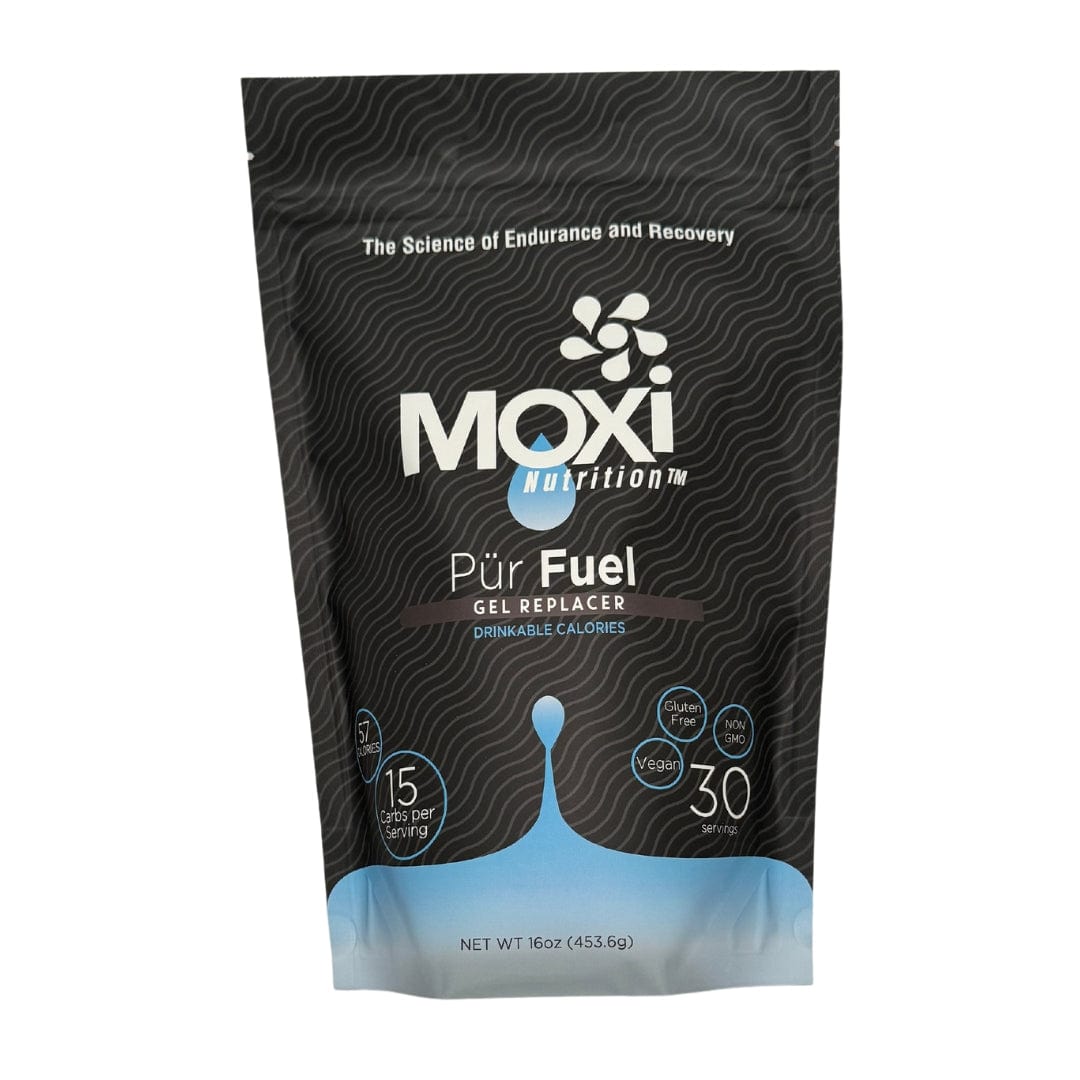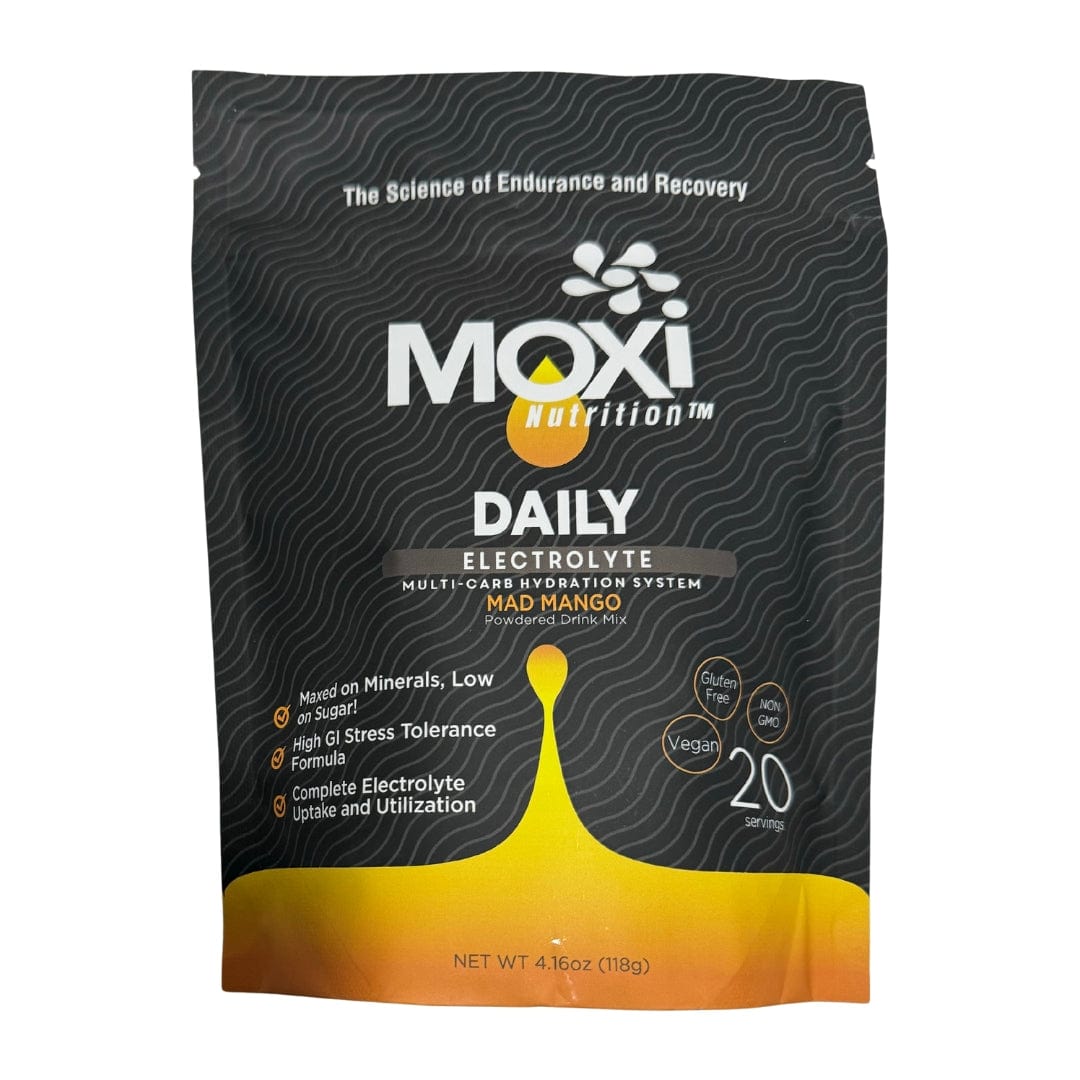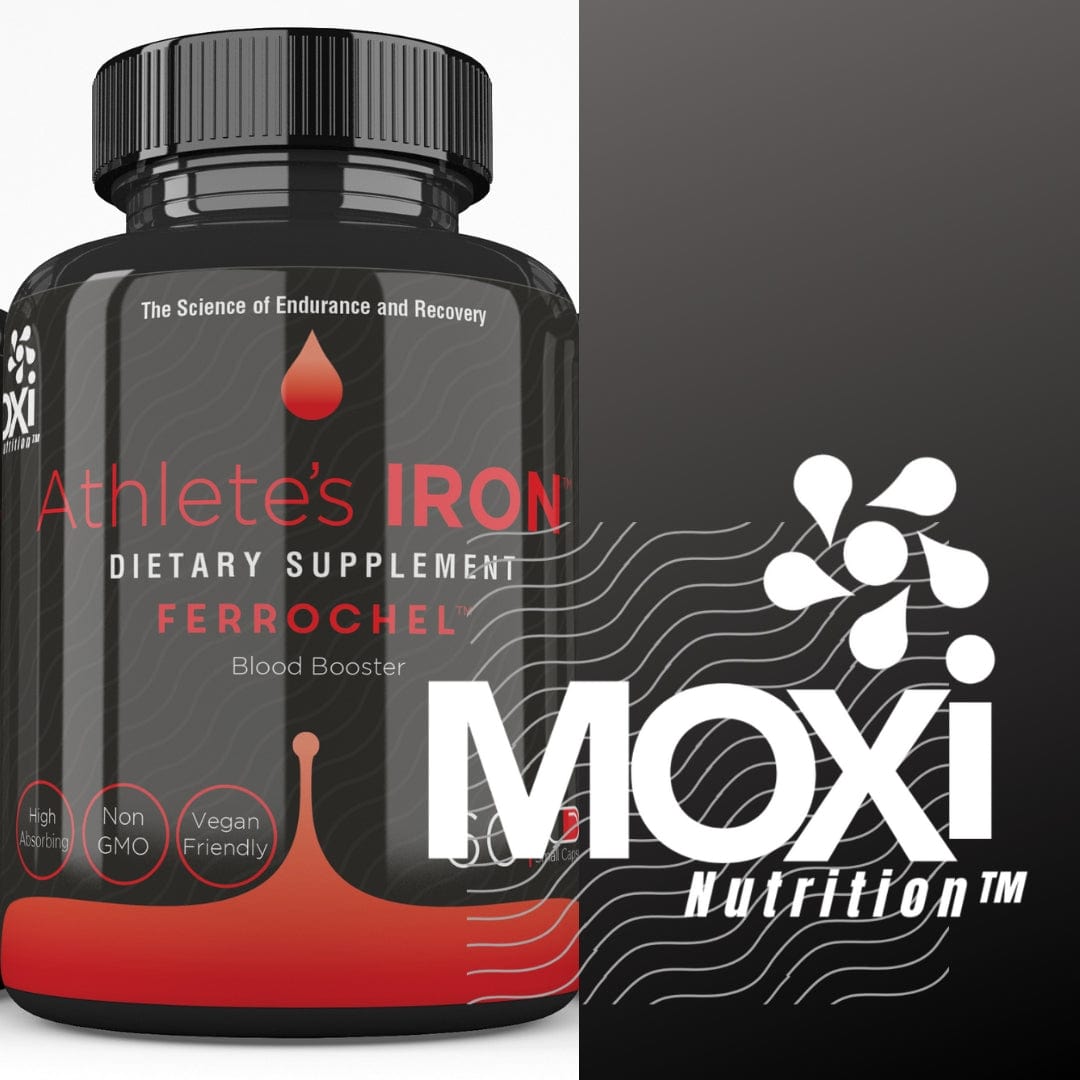Why is Sucralose Bad For Your health?

Sucralose is an artificial sweetener that is 600 times sweeter than sugar. It is made from sugar, but has three chlorine atoms added to it. This makes it so that your body cannot digest or absorb it. Sucralose is approved for use in over 100 countries, including the United States, Canada, the European Union, and Japan.
There is some concern that sucralose may be bad for your health. Some studies have shown that sucralose can:
- Increase your risk of cancer
- Cause weight gain
- Disrupt your gut microbiome
- Increase your risk of type 2 diabetes
- Cause reproductive problems
- Damage your liver and kidneys
However, it is important to note that these studies are often small and have not been replicated. More research is needed to determine the long-term effects of sucralose on human health.
The following Sport drinks that contain Sucralose are as follows:
- Gatorade Zero
- Powerade Zero
- Propel Zero
- BodyArmor SuperDrink Zero
- Pedialyte Advanced Care
- Nuun
- LMNT
- Liquid IV
- Skratch Labs
- Hydralyte
It is important to note that the amount of sucralose in these drinks varies. For example, Gatorade Zero contains 24 milligrams of sucralose per 8-ounce serving, while Powerade Zero contains 15 milligrams of sucralose per 8-ounce serving.
Here are some of the potential health risks associated with sucralose:
Gut microbiome. Sucralose may disrupt your gut microbiome. The gut microbiome is a complex community of bacteria that live in your intestines. These bacteria play an important role in digestion, immunity, and overall health. Some studies have shown that sucralose may kill off beneficial bacteria in the gut. This could lead to a number of health problems, such as digestive problems, allergies, and obesity.

- Bifidobacteria
- Lactobacillus
- Faecalibacterium prausnitzii
- Ruminococcus gnavus
-
- Bacteroides vulgatus
- Clostridium difficile
The effects of sucralose on gut bacteria vary depending on the dose, the duration of exposure, and the individual's gut microbiota. In general, sucralose appears to have a negative impact on beneficial gut bacteria, such as Bifidobacteria and Lactobacillus.
This can lead to an imbalance in the gut microbiota, which can contribute to a variety of health problems, such as obesity, inflammation, and metabolic syndrome.
It is important to note that more research is needed to fully understand the effects of sucralose on gut bacteria.
A study published in the journal "Gut" found that sucralose consumption led to a decrease in beneficial gut bacteria, such as Bifidobacteria and Lactobacillus. This decrease in beneficial bacteria was associated with an increase in inflammation and oxidative stress.
Another study, published in the journal "Nature Metabolism", found that sucralose consumption led to an increase in the growth of harmful gut bacteria, such as Bacteroides fragilis. This increase in harmful bacteria was associated with an increase in insulin resistance and obesity.
These studies suggest that sucralose can have a negative impact on the gut microbiome. However, it is important to note that more research is needed.
Here is a list of some of the studies that have shown that sucralose can have a negative impact on the gut microbiome:
- "Sucralose consumption alters the gut microbiota and increases intestinal permeability in healthy adults" (Gut, 2016)
- "Sucralose consumption promotes the growth of Bacteroides fragilis and increases obesity risk in mice" (Nature Metabolism, 2017)
- "Sucralose consumption alters the gut microbiota and increases insulin resistance in mice" (Scientific Reports, 2018)
- "Sucralose consumption alters the gut microbiota and increases inflammation in mice" (The Journal of Nutritional Biochemistry, 2019)
- "Sucralose consumption alters the gut microbiota and increases oxidative stress in mice" (Oxidative Medicine and Cellular Longevity, 2020)
If you are concerned about the health effects of sucralose, you may want to choose a different sweetener. Natural sweeteners, such as stevia and monk fruit, are generally considered to be safer than artificial sweeteners.











